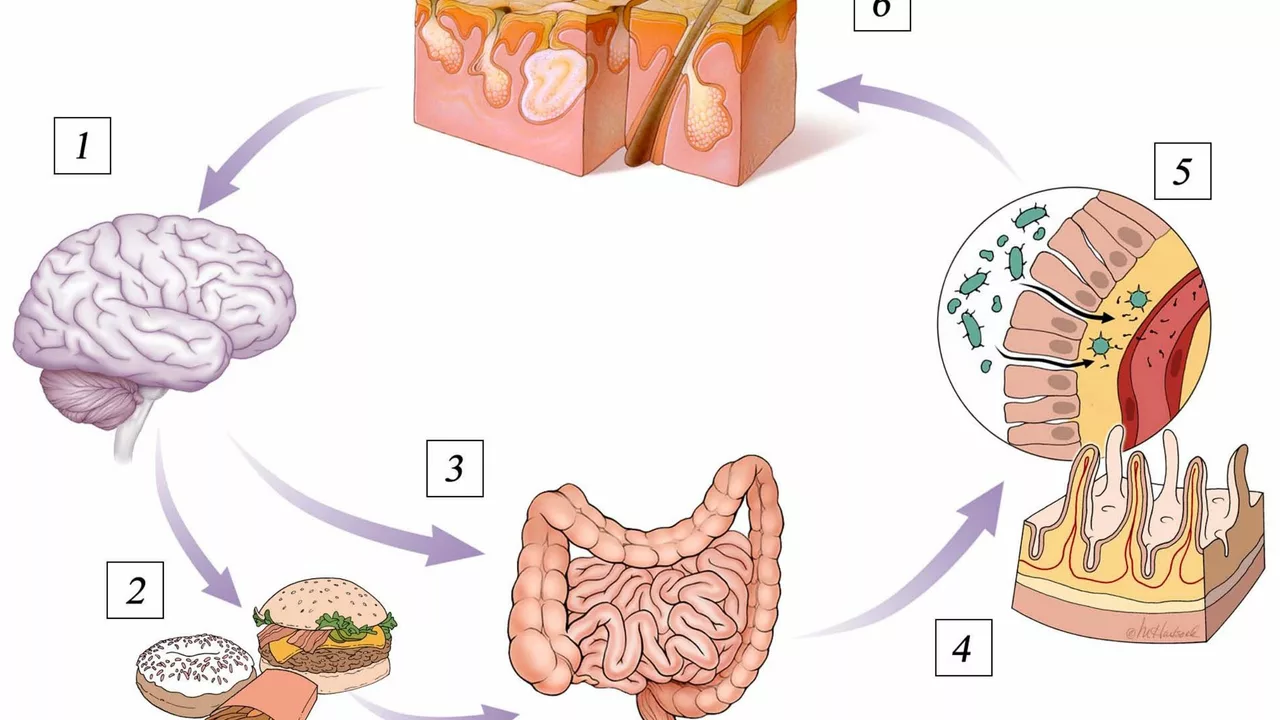Gut Health: Practical Steps You Can Start Today
Your gut affects digestion, mood, sleep, and even your immune system. Improving gut health doesn't require a miracle cure—small daily choices add up. Below are clear, useful moves you can start this week to help your microbiome and feel better fast.
Foods, fiber, and fermented picks that actually help
Eat more fiber. Soluble and insoluble fiber feed good bacteria and keep stools regular. Add oats, beans, lentils, apples, and broccoli. Increase fiber slowly—rapid spikes can cause gas.
Choose prebiotic foods. Prebiotics are specific fibers that feed helpful microbes. Good sources: onions, garlic, leeks, bananas (slightly green), asparagus, and cooked-then-cooled potatoes or rice (resistant starch).
Try fermented foods for live cultures. Plain yogurt with live cultures, kefir, kimchi, sauerkraut, and miso provide probiotic bacteria. If you’re new to these, start with small portions to see how your body reacts.
Limit ultra-processed foods, excess sugar, and artificial sweeteners. These can promote inflammation and feed less helpful bacteria.
Daily habits and supplements that matter
Move regularly. A daily 20–30 minute walk helps gut motility and reduces bloating. Exercise also supports microbial diversity.
Sleep and stress control matter. Poor sleep and chronic stress change gut function via the gut-brain axis. Try consistent bedtimes, short breathing breaks, or a quick walk to reset when stress spikes.
Be cautious with antibiotics and NSAIDs. Antibiotics can wipe out helpful bacteria and cause diarrhea. If you must take antibiotics, ask a clinician about probiotic options like Saccharomyces boulardii or specific Lactobacillus strains shown to lower antibiotic-associated diarrhea risk.
Consider a targeted probiotic or fiber supplement when needed. Not every probiotic benefits every person—look for strains linked to your issue (for example, some strains help constipation, others reduce IBS symptoms). Start one product at a time so you can judge its effect.
Hydration matters. Water helps digestion and stool bulk. Aim for steady intake across the day rather than gulping at once.
Introduce changes slowly. Add one new fiber or fermented food each week. That gives your microbes time to adapt and reduces upset.
Watch for red flags. See a doctor if you have unexplained weight loss, blood in stool, persistent severe abdominal pain, ongoing fever, or black/tarry stools. Those signs need prompt evaluation.
Consider simple tests if problems persist. Stool testing, basic blood work, and breath tests for bacterial overgrowth (SIBO) can pinpoint causes. A health professional can recommend the right test for your symptoms.
Small steps matter. Swap a soda for water, add a serving of beans twice a week, or try a spoonful of yogurt at breakfast. Over weeks, those choices change your gut environment for the better—and you’ll likely notice more energy, fewer bathroom surprises, and better overall wellbeing.
The Connection Between Acne and Gut Health: What You Need to Know
In my latest blog post, I explored the fascinating connection between acne and gut health. It turns out that our gut plays a significant role in maintaining clear and healthy skin. An imbalance in our gut microbiome can lead to inflammation, which may trigger acne breakouts. By improving our gut health through a balanced diet and probiotics, we can potentially reduce acne and achieve clearer skin. Be sure to check out my full post to learn more about the link between these two important aspects of our well-being!
More
